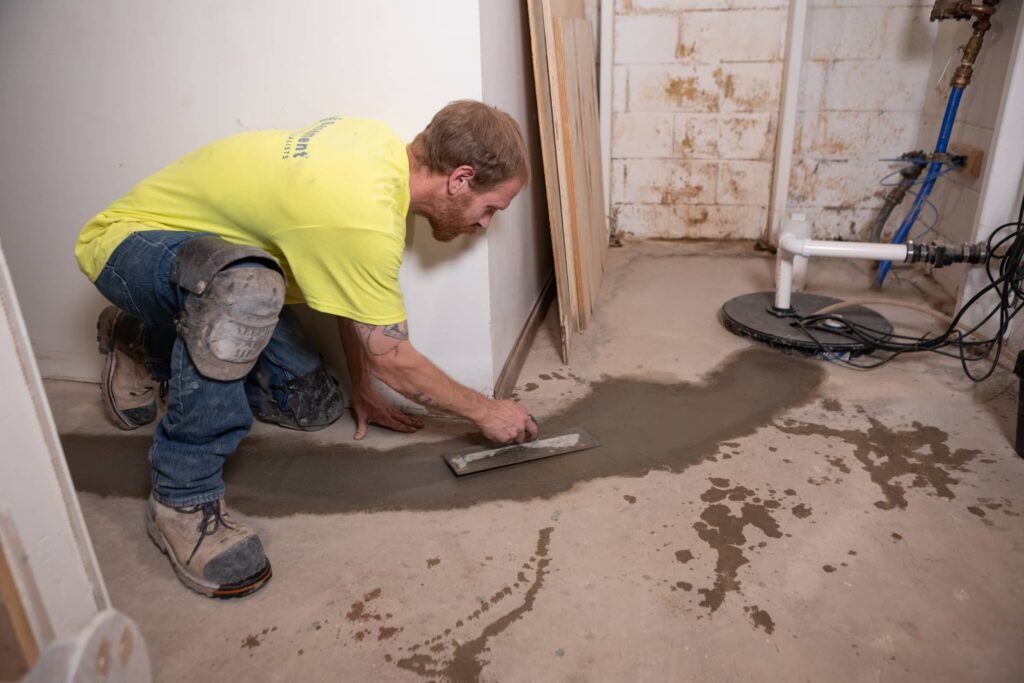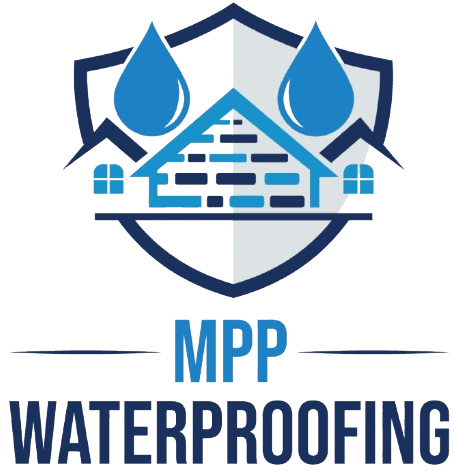Many homeowners in dry climates may assume that basement waterproofing is unnecessary due to the lack of heavy rainfall or snowmelt. After all, if your region hardly sees water, why worry about water damage? However, this assumption can lead to unexpected structural issues, costly repairs, and even health hazards down the line. The truth is, even in arid areas, water can find its way into your home through hidden sources like plumbing leaks, underground moisture, or occasional flash flooding. So, is basement waterproofing worth the investment in a dry climate? Let’s break it down and uncover the facts, myths, and long-term benefits you should consider.
Understanding Dry Climates and Hidden Moisture Risks
Dry climates are characterized by low humidity and minimal precipitation, but that doesn’t mean homes are completely safe from moisture problems. The soil in these areas often expands and contracts with temperature changes, creating small cracks in a home’s foundation over time. These cracks can allow water—even in small amounts—to seep into the basement during rare storms or plumbing mishaps.
Also, homes in dry climates may not be built with the same level of moisture protection as homes in wetter regions, which makes them more vulnerable when unexpected leaks or groundwater issues arise. That’s why basement waterproofing shouldn’t be ruled out purely based on weather.
Occasional Flash Flooding: A Real Threat

Dry climates are not immune to flooding. Flash floods can be more dangerous in arid areas because the hard, sunbaked soil cannot absorb water quickly. When a heavy storm hits, rainwater tends to run off the surface, rushing into low-lying areas like basements or crawl spaces.
Without proper basement waterproofing, that water has a clear path to your foundation. Once inside, it can damage floors, walls, stored belongings, and even electrical systems. A one-time flood event can result in thousands of dollars in damages, especially if the basement lacks any protective measures.
Plumbing Leaks and Interior Water Sources
Even if rain isn’t a frequent concern, plumbing is. Basement water problems in dry climates often come from within the home. Leaky pipes, malfunctioning sump pumps, or broken water heaters can release large volumes of water that pool in the lowest part of the house, usually the basement.
If the basement isn’t waterproofed, water from these interior sources can easily soak into walls and flooring, causing mold growth, wood rot, and foundation issues. A waterproofed basement creates an extra layer of defense against such surprises, preserving the structure and air quality of your home.
Mold and Mildew: Silent and Persistent Threats

One of the most overlooked problems related to basement moisture is mold. Mold can thrive even in dry climates, as long as it finds a moist surface and a dark environment, exactly what an unprotected basement provides.
Once mold begins to grow, it can spread quickly and become difficult to remove. More importantly, mold can impact your indoor air quality, leading to respiratory issues, allergies, and other health problems for occupants. Waterproofing helps eliminate these risks by keeping moisture levels in check and creating a healthier living environment.
Protecting Property Value with Preventive Care
Whether you plan to sell your home shortly or stay long-term, a waterproofed basement is a valuable selling point. It reassures potential buyers that the home has been well-maintained and protected against moisture damage. This is especially important in dry climates where buyers might not expect waterproofing and will be impressed by your proactive approach.
Additionally, preventing foundation damage and mold infestation helps maintain the integrity and appearance of your home, which in turn preserves or even increases property value.
Foundation Stability in Arid Environments
Another often ignored factor is soil movement. In dry areas, the ground tends to shift and settle due to extreme temperature fluctuations and low moisture content. Over time, this movement can crack or weaken your foundation, making it easier for water to penetrate during an unexpected event.
Waterproofing your basement—especially sealing cracks and installing proper drainage—reinforces the structure of your foundation and prevents damage from worsening. It’s not just about keeping water out, but about preserving the integrity of your home from the ground up.
Energy Efficiency and Climate Control
Basement waterproofing doesn’t just protect against water—it can also help regulate the temperature and humidity inside your home. In dry climates, homes can experience wide temperature swings, especially at night. A well-sealed basement helps keep indoor temperatures more consistent, reducing the strain on your HVAC system.
It also prevents outside air from sneaking in through cracks or unsealed gaps, which improves energy efficiency and lowers your utility bills. If you’re investing in a more comfortable, cost-effective living space, basement waterproofing is a smart step forward.
Long-Term Peace of Mind
Even if your region isn’t prone to rain or snow, basement waterproofing gives you peace of mind. You’ll sleep better knowing that your foundation is protected, your belongings are safe from moisture, and your indoor air quality is preserved. It’s a proactive measure that prepares your home for the unexpected—whether it’s a rare storm, a broken pipe, or shifting soil beneath your foundation.
When you weigh the relatively small investment against the potential cost of damage and repairs, basement waterproofing in dry climates proves to be a practical and forward-thinking decision.
Final Thoughts: Don’t Wait for Water to Act
Even in dry climates, the need for basement waterproofing shouldn’t be dismissed. Moisture has a way of sneaking in from unexpected places, and the consequences can be expensive and harmful to both your home and health. From unexpected storms to hidden plumbing leaks, every home faces moisture risks. Waterproofing your basement now means avoiding major headaches later. Whether you’re safeguarding your property value, improving indoor air quality, or simply ensuring peace of mind, basement waterproofing is a wise and forward-thinking investment, regardless of the weather outside.
FAQs
1. Is basement waterproofing worth it if I live in a desert climate?
Yes, even in deserts, factors like soil movement, flash floods, or internal plumbing leaks make waterproofing valuable.
2. What signs indicate I need waterproofing in a dry climate?
Watch for musty odors, wall cracks, damp spots, or sudden mold growth—these suggest hidden moisture problems.
3. Can waterproofing improve indoor air quality?
Absolutely. It keeps mold and mildew at bay, helping you maintain a cleaner and healthier indoor environment.
4. How long does basement waterproofing last?
Depending on the method and materials used, it can last anywhere from 10 years to a lifetime with proper maintenance.

